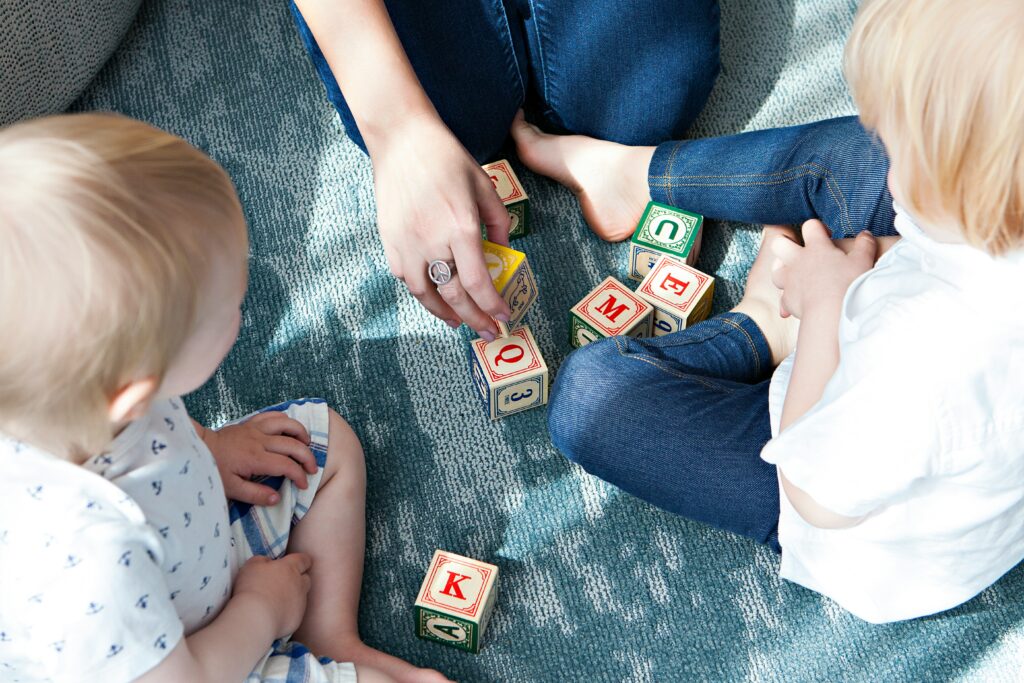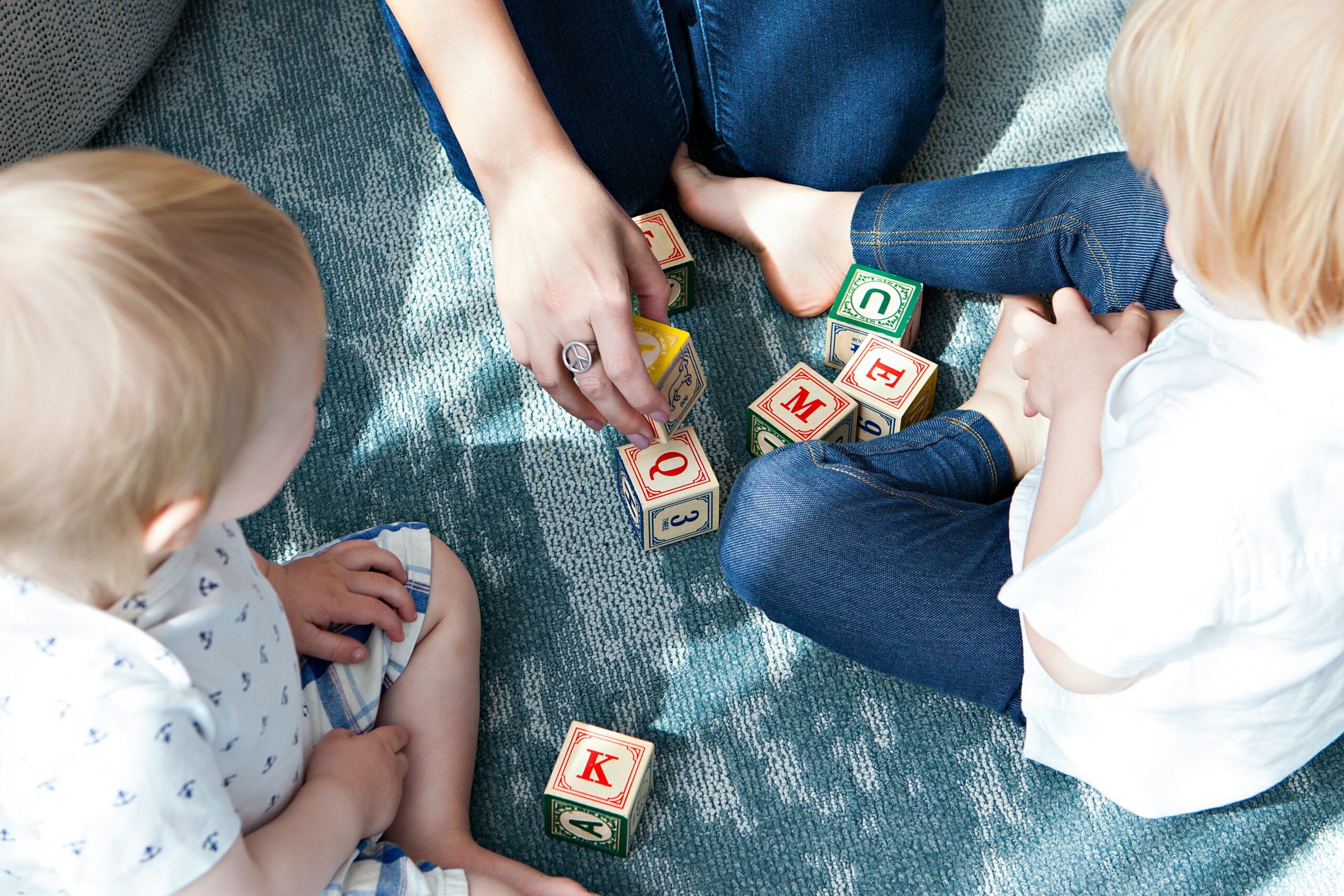Ever feel like you’re running on fumes, like your patience is a hair’s breadth away from snapping, and a single spilled juice box could send you over the edge? You’re not alone. The daily grind of parenthood can leave us feeling stressed, overwhelmed, and short-tempered.
The the key to calmer parenting isn’t just about better time management or more coffee. If you find yourself reacting in ways that you regret later, understanding the science behind your nervous system could be the hack you need.

How Your Nervous System Affects Your Parenting
The state of your nervous system affects your parenting. It plays a major role in how we respond to stress, including the stress of tantrums, meltdowns, and endless to-do lists. It’s basically our body’s internal control center, constantly processing information and sending signals to keep us functioning. Think of it as the difference between being in “cruise control” mode, relaxed and in charge, or slamming on the brakes and hitting the gas all at once (which is what often happens when we’re stressed).
Understanding Your Nervous System: Fight-or-Flight vs. Calming Response
Here’s the thing: our nervous system has two main modes – fight-or-flight and the calming response.
- Fight-or-Flight: This is our body’s built-in alarm system, kicking in when we feel threatened (like a toddler throwing a fit in the grocery store!). It triggers a cascade of stress hormones, like adrenaline and cortisol, making our hearts race, our muscles tense up, and our thinking become clouded. This is great for escaping a real danger, but not so helpful when dealing with everyday parenting challenges.
- Calming Response (Parasympathetic Nervous System): This is the opposite of fight-or-flight, helping us feel relaxed and centered. When our calming response is active, we can think clearly, regulate our emotions, and respond to situations with patience and understanding.

The Power of Shifting Gears: How to Train Your Nervous System
The good news is, we can actually train our nervous system to spend more time in the calming response and less time in fight-or-flight. Here are some tips:
- Deep Breathing: Taking slow, deep breaths activates the calming response. When you feel yourself getting stressed (maybe during a particularly epic meltdown), try taking a few slow, deep breaths through your nose and out your mouth. Even a few breaths can make a big difference.
- Mindfulness: Taking a few moments to focus on the present moment can help us detach from stress and activate the calming response. Mindfulness practices like meditation can be incredibly helpful, but even something simple like focusing on your breath or noticing the sights and sounds around you can be effective. Try a simple mindfulness practice with your child (like counting breaths together) – it can be a fun bonding experience!
- Movement & Exercise: Physical activity is a great way to release stress hormones and activate the calming response. Going for a walk, doing some yoga, or even just playing with your child can all help.
- Self-Care: Taking care of yourself – getting enough sleep, eating healthy foods, and making time for activities you enjoy – is essential for a healthy nervous system. When you’re well-rested and feel good, you’re better equipped to handle stress and be a more patient and present parent. Remember, self-care isn’t selfish – it’s essential for creating a happy and healthy home environment.
By understanding your nervous system , you can transform your parenting experience. You’ll be better equipped to handle stressful situations, communicate calmly with your child, and build a stronger, more positive relationship. There will be ups and downs, but taking care of yourself and learning to manage your nervous system helps approach each day with more patience, understanding, and joy.




